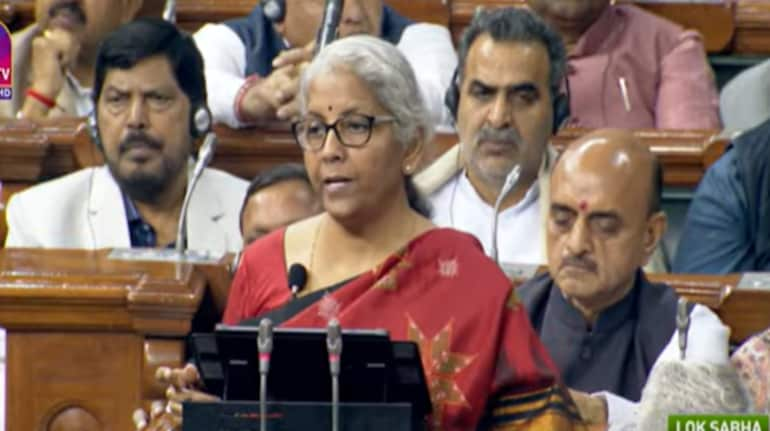



In the Union Budget 2023, Finance Minister Nirmala Sitharaman proposed to make the new income tax regime the default tax regime for taxation purposes. However, taxpayers will continue to have the option to avail the benefit of the old tax regime. This means, if an employee does not opt for the old tax regime, the employer will have to apply tax slabs and rates applicable under the new tax regime to calculate tax deduction at source (TDS) while making salary payment. If one wants to continue with the old tax regime, going forward they have to opt for it.
The government introduced the new income-tax regime for taxpayers a couple of years back. However, it is still a dilemma for many individual taxpayers when it comes to choosing between the old and new income tax regimes.
Under the old tax regime, individuals were allowed to claim various deductions and lower their tax liability. On the other hand, the new tax regime had a better (lower) tax rate, but denied as many as 70 exemptions and deductions available under the income tax laws (including LTC, HRA, standard deduction, deduction under chapter VI A, etc.).
Catch all the LIVE updates on Budget 2023However, till the current financial year, i.e. 2022-23, one has to opt for a new tax regime and inform the employer to deduct TDS accordingly. However, from the next financial year, i.e. 2023-24, the new tax regime may be considered as the default regime and one will have to opt for the old tax regime, if he wishes to avail the benefit under the same.
ALSO READ: Budget 2023: Is the Rs 7-lakh tax-free income limit only for the new tax regime?According to Vivek Jalan, Partner, Tax Connect Advisory, a multi-disciplinary tax consultancy firm, “the intention of the government is very clear that in future the new tax scheme without exemptions would stay.”
Besides making it a default tax regime, a few more benefits are added to the regime. “To incentivize the scheme rebate u/s 87A is increased only in the new scheme, income tax slabs are increased only in the new scheme, highest surcharge is reduced in only the new tax regime and even standard deduction is introduced in this new scheme in case taxable income is higher than Rs 15.5 lakh,” added Jalan.
ALSO READ: New slabs, more rebate — 5 big personal income tax changes in Budget 2023When can one opt for it?Both the tax regimes are optional for taxpayers, one can evaluate their tax liability under both the regimes and accordingly select the one which is more beneficial. A salaried individual can exercise this option every financial year. However, taxpayers having income from business or profession cannot switch between the new tax regime and regular tax regimes every year. If a taxpayer having income from business or profession once opts for the new tax regime, they can only switch back to the old tax regime once in a lifetime and will not be eligible for opting back to the new tax regime again.
Also, a salaried individual is free to change and choose a different regime while filing the income tax return than what he/she chose for TDS deduction with the employer, at the beginning of the year.
Discover the latest Business News, Sensex, and Nifty updates. Obtain Personal Finance insights, tax queries, and expert opinions on Moneycontrol or download the Moneycontrol App to stay updated!
Find the best of Al News in one place, specially curated for you every weekend.
Stay on top of the latest tech trends and biggest startup news.